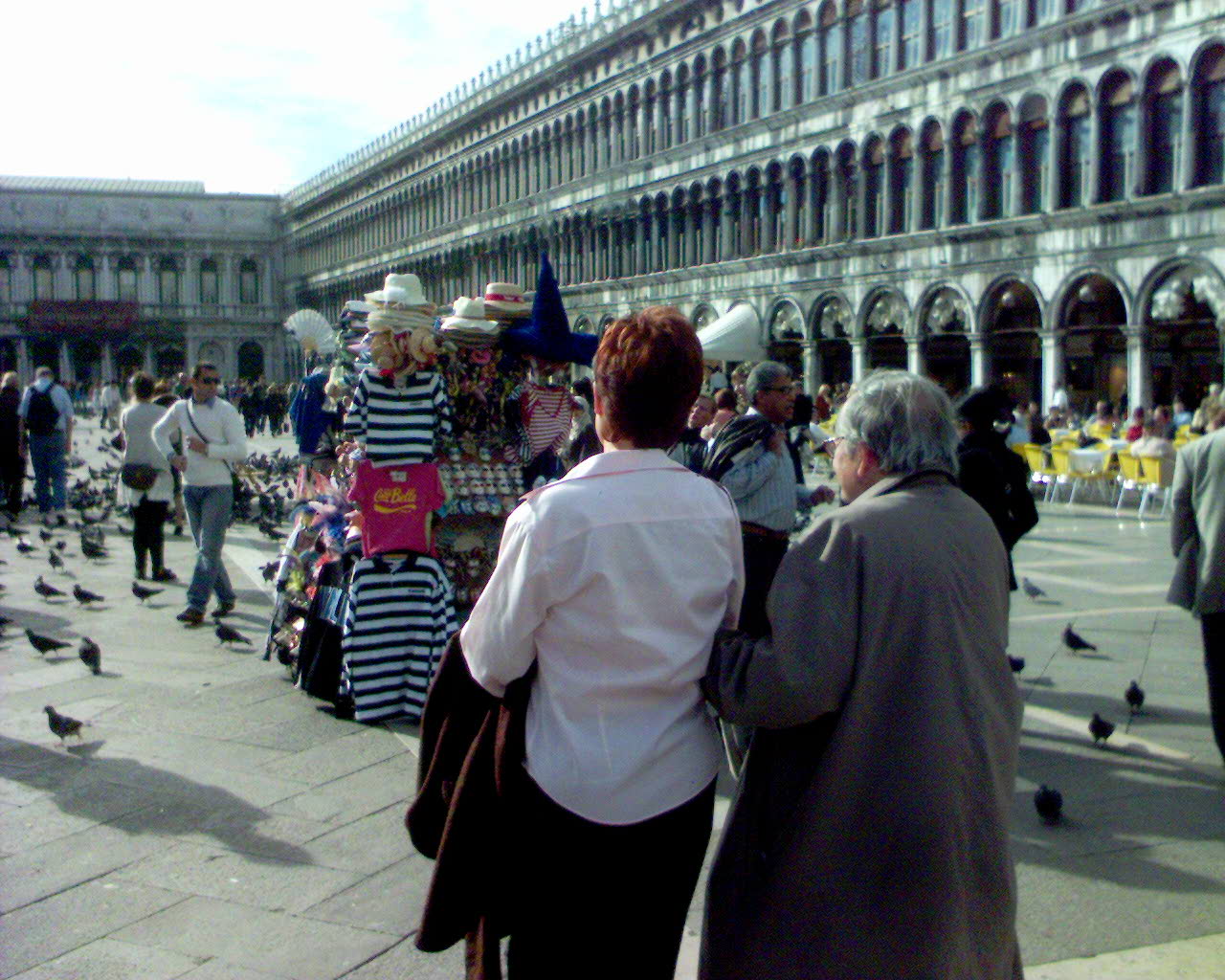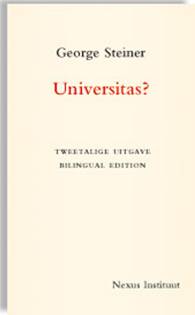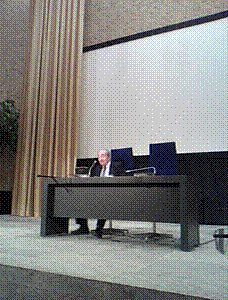Oscar Intente enters an auditorium and prepares his theatrical adaptation of "The Idea of Europe."
We attend the performance, that serves as the storyline for our documentary. The staging of the text marks the different parts and clearly shows the development of Steiner's ideas |
Notable work(s) After Babel (1975). Notable award(s) The Truman Capote Lifetime Achievement Award (1998). Spouse(s) Zara Shakow.
Francis George Steiner (born April 23, 1929, is an influential European-born American literary critic, essayist, philosopher, novelist, translator, and educator. He has written extensively about the relationship between language, literature and society, and the impact of The Holocaust. A polyglot and polymath, he is often credited with redefining the role of the critic.
Steiner is ranked "among the great minds in today's literary world." English novelist A. S. Byatt described him as a "late, late, late Renaissance man ... a European metaphysician with an instinct for the driving ideas of our time." (In 1994, during his oration at the opening of the Salzburger Festspiele, he lectured on 'Der Europa-Mythos'). Harriet Harvey-Wood, a former literature director of the British Council, saw him as a "magnificent lecturer – prophetic and doom-laden [who would] turn up with half a page of scribbled notes, and never refer to them."
Steiner was Professor Emeritus of English and Comparative Literature at the University of Geneva (1974-1994), Professor of Comparative Literature and Fellow at the University of Oxford (1994-1995) and Professor of Poetry at Harvard University (2001-2002). He lives in Cambridge, England, where he has been Extraordinary Fellow at Churchill College at the University of Cambridge since 1969. He is married to author and historian Zara Shakow, and they have a son, David Steiner (Dean of the School of Education at Hunter College) and a daughter, Deborah Steiner (Professor of Classics at Columbia University).
Science And The Humanities, How To Reform The Humanities? The Humanities Don't Humanize: 6 November 2012, Steiner lectured at the Tilburg University on topics as to what extent do today's universities reflect the history and ideals of the proud word UNIVERSITAS. Are our literacies 'universal'? If not, what has brought on the current crisis and are there adequate responses to it? A lecture in the shadow of Erasmus; ´UNIVERSITAS´.
Steiner is an expert on relation between language, politics and societies, on relationships between all disciplines as interdisicplenaire. Some short statements from the lecture;
´What a proud word universitas is, the whole, total, what program was already with Plato. From Bologna (university with medieval library) to the Sorbonne, from Copenhagen to Palermo. From young beginner to master. We learn by heart, not by brain. The escalator of silence is always moving upwards. Refreshment of mathematica. The notion that uselessness is the highest form of human activity. Underwriting (to reassure). We need to urge our vocabulaire what we mean, to clean up our language to express what we mean".
In our times, there are still educational institutions which call themselves universities. But do they still have a claim to universitas, the all-encompassing ideal of knowledge which the West inherited from Athens and Rome? In an unequalled indictment of the spirit of our times, George Steiner, world-renowned literary scholar and cultural critic, lectures modern universities. His criticism contains an exhortation to us all.
What do our universities wrong? What is wrong with the training of modern intellectual? What should we do? George Steiner, a tireless advocate of European humanism, fulminates against the spirit of our time and does a guide. "Universitas?" is - after 'The idea of Europe' - the second edition of George Steiner in the Nexus Library.



